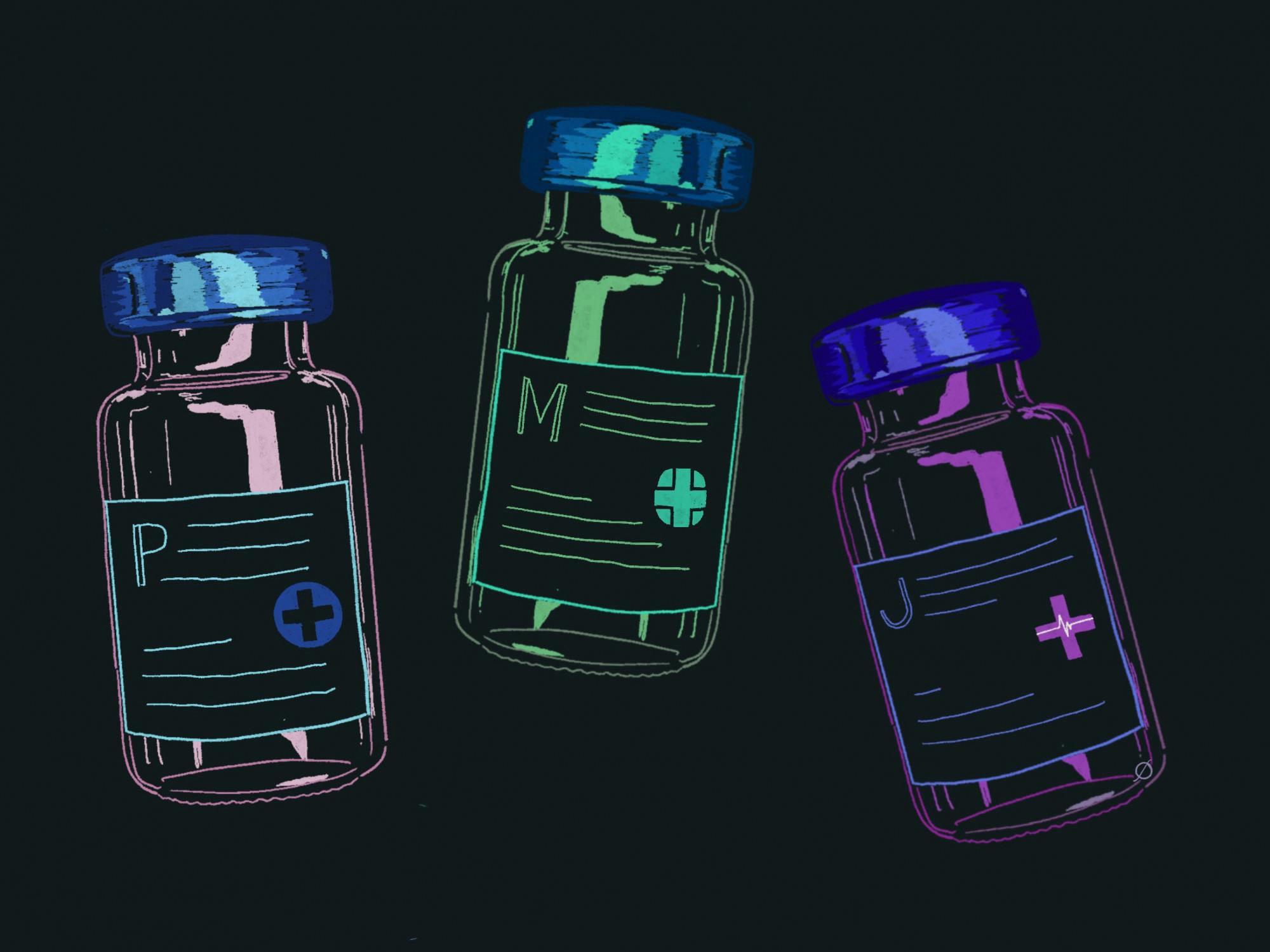Closing the racial gap in adult vaccinations is one of the tasks for Assistant Dean for Public Health Integration at Michigan State University and founding member of Michigan Coronavirus Task Force on Racial Disparities Debra Furr-Holden.
Furr-Holden leads the National Network to Innovate for COVID-19 and Adult Vaccine Equity, or NNICE project, which was granted $6 million dollars by the Center for Disease Control and Prevention, or CDC, for a year of research on solutions to increase adult vaccination.
Despite widespread belief African Americans are not a vaccine-hesitant group, Furr-Holden said. "African American parents vaccinate their children at the exact same rates that white parents vaccinate their children.”
“When it comes specifically to the COVID vaccine, you start seeing the legacy and contemporary effects of well-earned medical mistrust,” Furr-Holden said. This is due to African Americans being significantly hit harder by the pandemic than other racial and ethnic groups.
According to the Michigan Coronavirus Task Force on Racial Disparities Interim Report, the cumulative COVID-19 case rate in African American populations has been over 40% higher than the rate in White populations.
For Ingham county, the COVID-19 case rate was 66% higher for African Americans with the rate per 100,000 people at 10,578 for African Americans and 7,015 for Caucasians.
African Americans are also leading as the ethnic group with the smallest percentage of people vaccinated at 23.9%, according to the CDC.
The NNICE team will focus their efforts on five geographic areas that were highly affected by COVID-19 and experience large African American adult vaccination disparities, including Flint, western Michigan, Baltimore, Maryland, the south side of Chicago and eastern North Carolina.
"The goal of the grant is to boost COVID-19 and other adult vaccine literacy, confidence, access and receipt,” Furr-Holden said in a release. “We will implement innovative strategies with communities as equitable partners in the work and engage multiple sectors of society.”
Furr-Holden said that lower vaccination rates for African American adults are more attributable to social determinants of health, such as health insurance, transportation, awareness, and ability to get time off work, than individual hesitancy.
Creating effective media campaigns that address social determinants of health and vaccination are some of the strategies the NNICE project will use to reduce vaccine disparities while promoting vaccine equity.
The project is a partnership between MSU, Michigan Public Health Institute, the Community Foundation of Greater Flint, Community Campus Partnerships for Health, the National Association for the Advancement of Colored People, the Rainbow PUSH Coalition and the National Medical Association.
Support student media!
Please consider donating to The State News and help fund the future of journalism.
Discussion
Share and discuss “$6 million grant being used to close gap in vaccination rates ” on social media.







